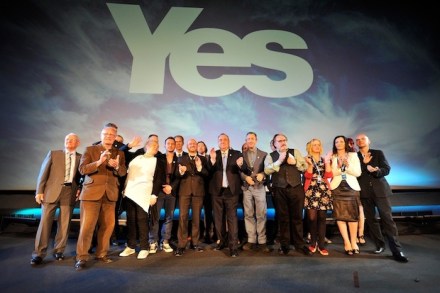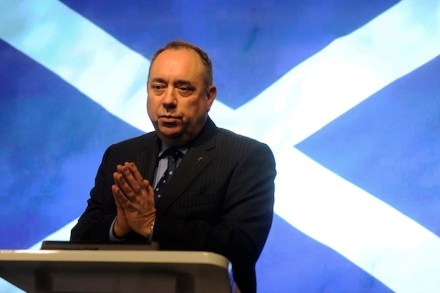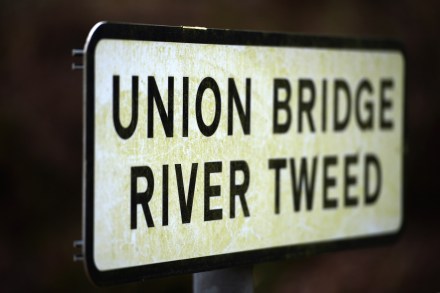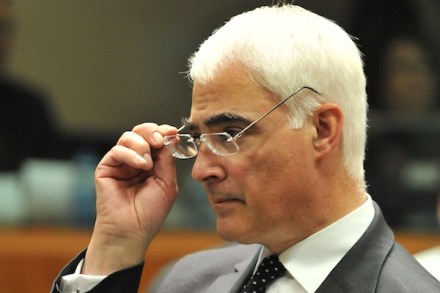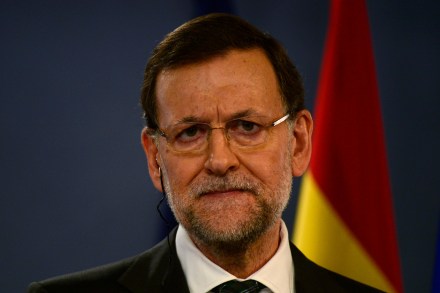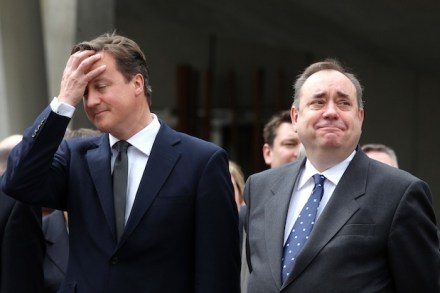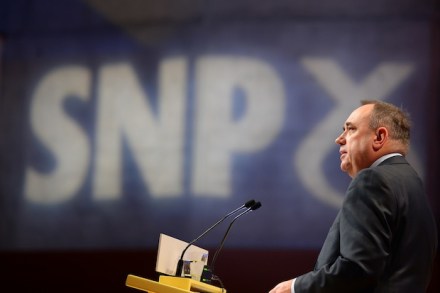Poll shows Yes camp are within striking distance of victory
‘It has given us a good, old-fashioned kick up the backside,’ said one member of the ‘No’ camp yesterday. He was being charitable. It could end up being an awful lot worse than that. The ‘it’ in question was the new ICM poll which, suddenly and unexpectedly, has put the Yes campaign right back in the hunt for Scottish independence. At a stroke, all those complacent certainties about the No camp wiping the floor with the Nationalists have been discarded and, this morning at Holyrood, the talk is of little else. ‘It is game on,’ said one Nationalist with a smile. Just to emphasise how important this new poll for The Scotsman
